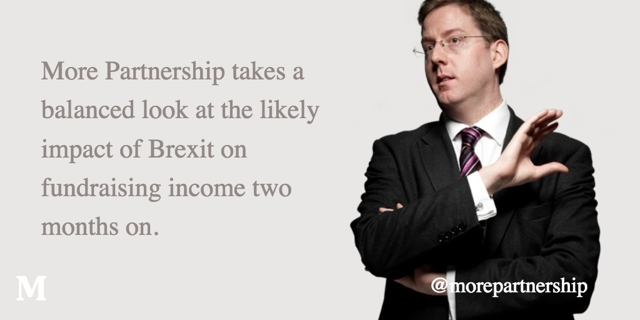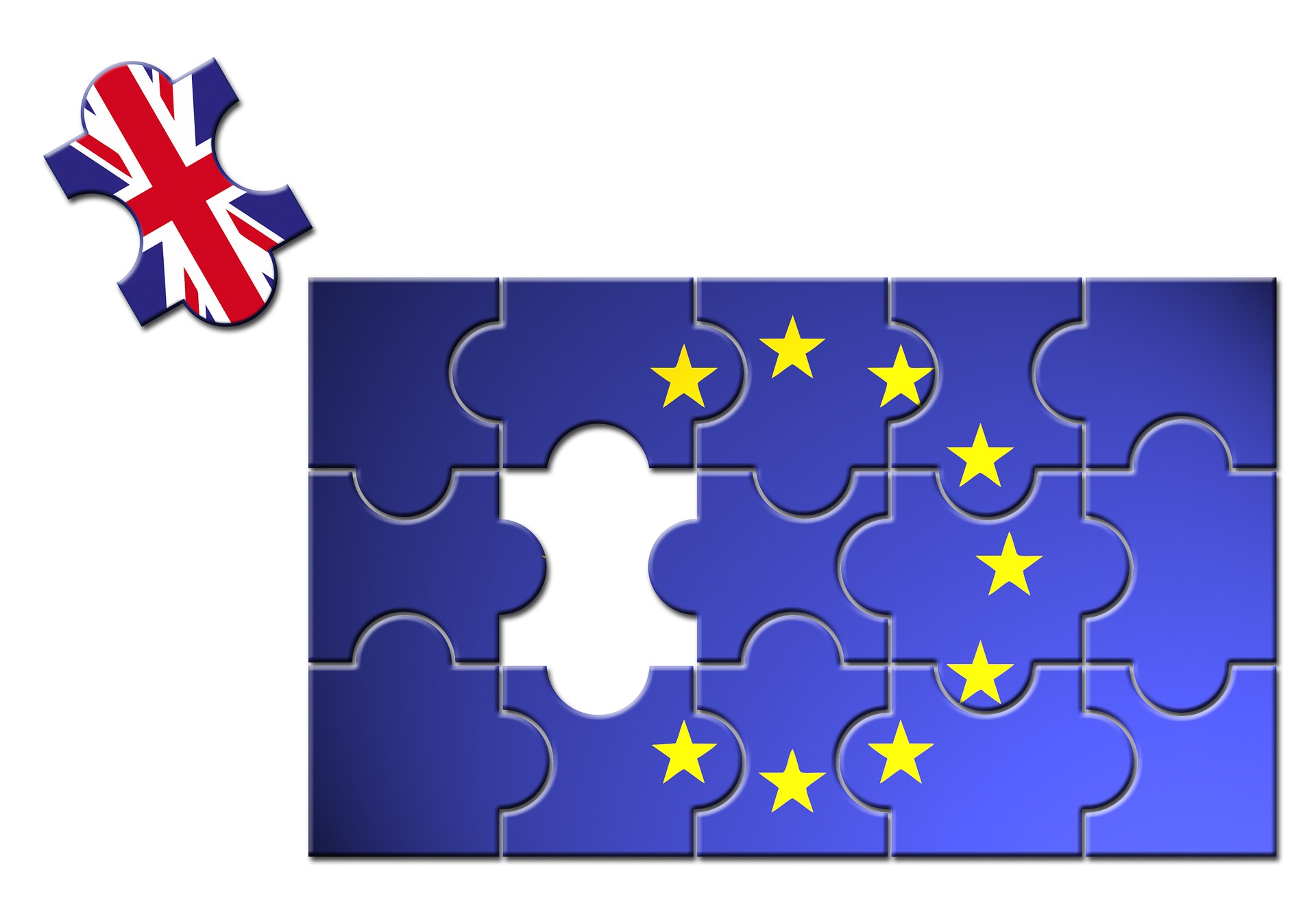Maybe you already knew about this but it was a total surprise to me this week: Right now at this very moment there’s a case in front of the US Supreme Court that directly impacts the amount of information – private information about our major donors – that nonprofits may have to share in order to be able to raise money in the state of California.
The Association of Fundraising Professionals (AFP), four of its chapters, and more than 120 nonprofits have filed an amicus brief in the case to prevent this from happening, and there are at least 35 other amicus briefs filed on behalf of 275 more nonprofits country-wide.
If that weren’t enough action, 22 state attorneys general, Senate Minority Leader Mitch McConnell, and the U.S. Solicitor General have also filed briefs in support of the petitioners.
So yeah, this is kind of a big deal. Here’s what’s at stake:
The background
As you probably know, nonprofits have to file an audited income tax form called a Form 990 each year with the Internal Revenue Service (IRS) which outlines (among other things) that nonprofit’s mission, its board members, and its income and expenses. This form becomes part of the public record about the nonprofit so that the government (and any potential supporters) are provided transparency into the nonprofit’s finances.
What you may not know is that one part of the form is the “Schedule B,” on which the nonprofit is required to share the names and addresses of all of its donors who have given more than $5,000 or 2% of that nonprofit’s income over the year. This information is usually redacted from the public record when it’s shared with searchable sources like the Foundation Directory Online or ProPublica’s Nonprofit Explorer, which is why it’s generally not seen.
The hitch
Nonprofits are required to register in every state where they raise money. In 2013, the California Attorney General’s office ruled that every nonprofit from that moment forward would have to share their Schedule B (in confidence) as part of their registration process.
There are at least three problems with this:
1) By sharing confidential information about supporters with their contact information, nonprofits could potentially subject their donors to political reprisal based on the change of political opinion and/or incumbent attorney general. Before the middle of the last decade we might not have thought too much about this, but since then nonprofits and causes previously thought of as relatively apolitical suddenly became so.
2) Data gets hacked. Even if it’s kept in confidence, there’s no guarantee that information stored electronically by the California AG’s office won’t be accessed illegally by bad actors and published (or used for other nefarious purposes).
3) Accidents happen. The state of California has already disclosed more than 1800 donor names accidentally from Schedule Bs that it published on its website. Once it’s out, you can’t put that toothpaste back in the tube.
California has no logical reason to need this information, particularly for nonprofits outside of its legal jurisdiction. And as AFP president and CEO Mike Geiger has said, there’s a real fear that major supporters won’t want their home addresses and gift amounts shared electronically, so they could stop giving. (Or, alternatively, it could push them toward making gifts through donor advised funds).
These cases, called Americans for Prosperity Foundation v. Becerra and Thomas More Law Center v. Becerra, have made their way to the U.S. Supreme Court and very soon we’ll see what the Supremes have to say about nonprofits, politics, and donor privacy because it’s going to be argued a month from now – April 26th.
Stay tuned and watch this space (Scotus blog) and the AFP website for more information.










